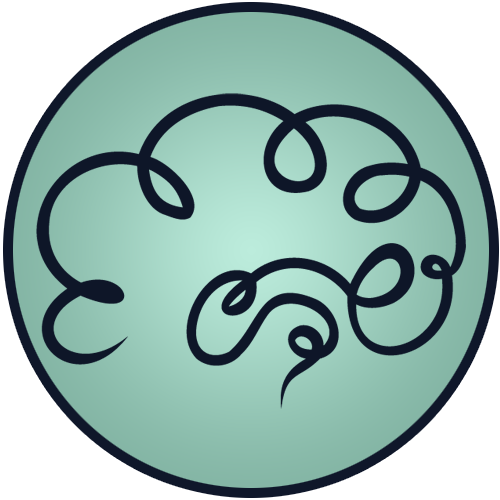In the intricate tapestry of human emotions, anxiety stands out as a common thread woven into the fabric of daily life. It’s that uneasy feeling in the pit of your stomach, the racing thoughts that keep you awake at night, or the sense of dread that accompanies uncertainty. While occasional bouts of anxiety are a normal part of the human experience, for some, it can become overwhelming and debilitating.
Defining Anxiety
Anxiety, at its core, is a natural response to stress or danger. It’s the body’s way of alerting us to potential threats and preparing us to respond appropriately. In moderation, stress can be adaptive, motivating us to perform well in challenging situations. However, when stress becomes excessive or disproportionate to the perceived threat, it can impair daily functioning and significantly impact overall well-being.
Types of Anxiety Disorders
Anxiety disorders encompass a spectrum of conditions characterized by excessive worry, fear, and apprehension. Some common forms include:
- Generalized Anxiety Disorder (GAD): Individuals with GAD experience persistent and excessive worry about various aspects of life, such as work, health, and relationships, often without a specific trigger.
- Panic Disorder: This involves recurrent panic attacks, which are sudden episodes of intense fear accompanied by physical symptoms like palpitations, sweating, and shortness of breath. Panic attacks can be debilitating and lead to avoidance behaviors.
- Phobias: Phobias are irrational fears of specific objects or situations, such as heights, spiders, or flying. Exposure to the feared stimulus can trigger intense anxiety or panic.
Coping Strategies
Managing anxiety involves a multifaceted approach that addresses both the emotional and physical aspects of the condition. Here are some strategies that can help individuals cope with anxiety:
- Mindfulness and Relaxation Techniques: Practices like deep breathing, meditation, and progressive muscle relaxation can help calm the mind and body, reducing feelings of anxiety and stress.
- Physical Activity: Regular exercise is not only beneficial for physical health but also for mental well-being. Engaging in physical activity releases endorphins, which are natural mood lifters, and helps to reduce tension and anxiety.
- Healthy Lifestyle Habits: Eating a balanced diet, getting adequate sleep, and limiting caffeine and alcohol intake can support overall mental health and resilience against anxiety.
- Seeking Support: Whether through therapy, support groups, or confiding in trusted friends or family members, seeking support can provide validation, perspective, and coping strategies for managing anxiety.
Seeking Professional Help
While self-care strategies can be beneficial, it’s essential to seek professional help if anxiety is significantly impacting daily functioning or quality of life. Mental health professionals, such as therapists, psychologists, or psychiatrists, can provide evidence-based treatments like Cognitive-Behavioral Therapy (CBT), medication, or a combination of both, tailored to individual needs.
Conclusion
Anxiety is a natural and understandable response to life’s challenges, but it doesn’t have to dictate our lives. By understanding the nature of anxiety, implementing coping strategies, seeking support when needed, and advocating for mental health awareness, individuals can learn to navigate anxiety and thrive. Remember, you are not alone, and help is available for those who reach out.


